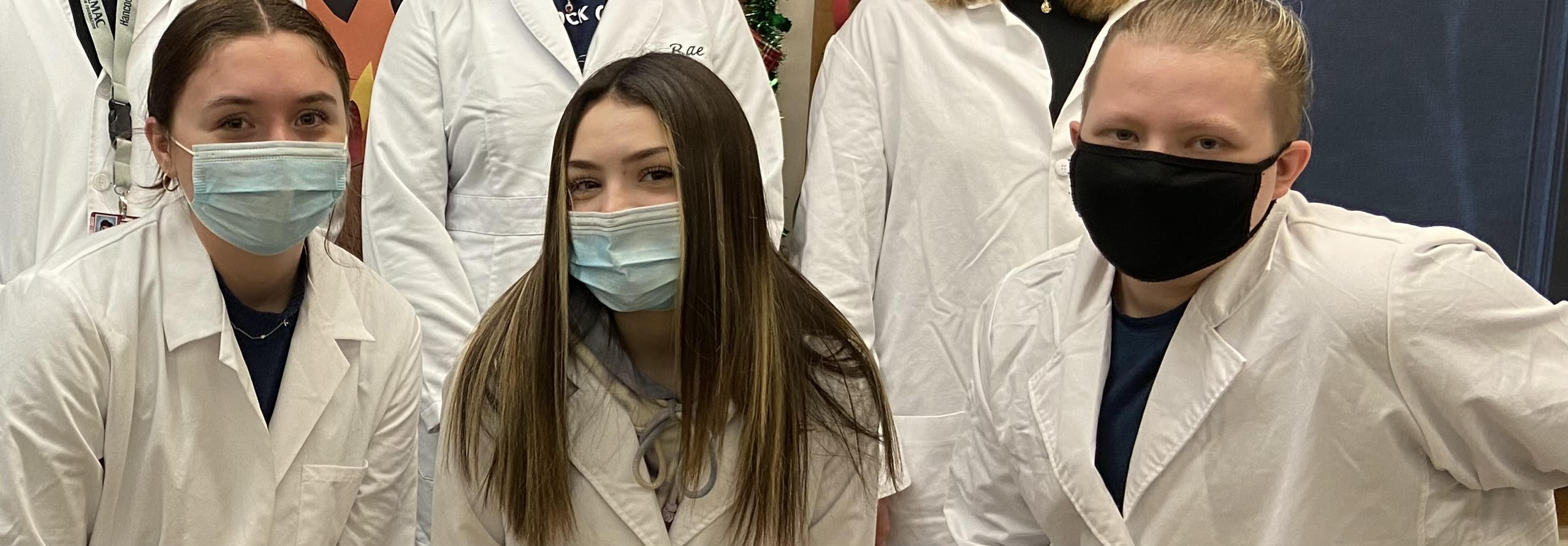Our project, Using E. Coli as a Model for the Synthetic Alteration of Native Zooplankton to Control the Cyanotoxins Produced by Algal Blooms in the State of Maine, is determining whether an engineered E. Coli can be used to promote the reproduction of zooplankton. Promoting zooplankton (a natural consumer of cyanobacteria) growth will decrease the cyanobacteria population. Modeling E. Coli for promotion of zooplankton reproduction, with the intent of altering the zooplankton directly in the future. Theoretically, reproduction of the zooplankton population will be promoted in the presence of cyanobacteria (blue-green algae) or cyanotoxins and will turn off in the absence of cyanotoxins. The purpose of promoting the reproduction of zooplankton is to increase the predators of cyanobacteria, which produce cyanotoxins that endanger the environment.
In the right conditions, cyanobacteria reproduce at a high rate. The algae in itself is not toxic but releases toxins during decomposition. If there is nothing to deter the growth of the algae it will overproduce and decay in such a large volume that enough cyanotoxins will be present to kill larger predators. If there is a body of freshwater that has been compromised by cyanotoxins access to clean freshwater is reduced, potential to manufacture energy from, or for recreational use are all societal impacts of cyanotoxins.
